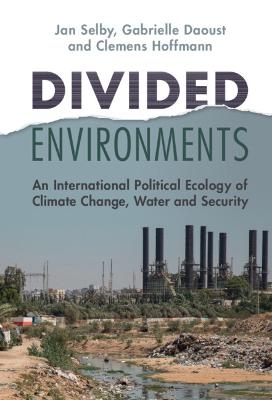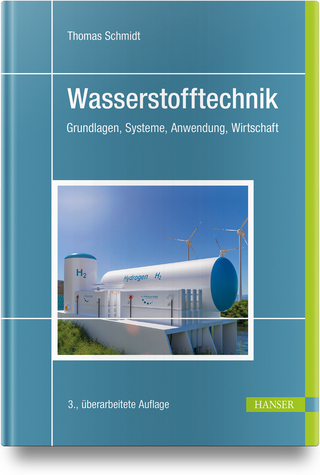
Divided Environments
An International Political Ecology of Climate Change, Water and Security
Seiten
2022
Cambridge University Press (Verlag)
978-1-009-09802-1 (ISBN)
Cambridge University Press (Verlag)
978-1-009-09802-1 (ISBN)
In a new interpretation of the past, present and future of climate-related conflicts and threats, this volume explores the links between climate change, water and security from an 'international political ecology' perspective. The authors draw on case studies from Israel-Palestine, Syria, Cyprus, Sudan-South Sudan, and the Lake Chad basin.
What are the implications of climate change for twenty-first-century conflict and security? Rising temperatures, it is often said, will bring increased drought, more famine, heightened social vulnerability, and large-scale political and violent conflict; indeed, many claim that this future is already with us. Divided Environments, however, shows that this is mistaken. Focusing especially on the links between climate change, water and security, and drawing on detailed evidence from Israel-Palestine, Syria, Sudan and elsewhere, it shows both that mainstream environmental security narratives are misleading, and that the actual security implications of climate change are very different from how they are often imagined. Addressing themes as wide-ranging as the politics of droughts, the contradictions of capitalist development and the role of racism in environmental change, while simultaneously articulating an original 'international political ecology' approach to the study of socio-environmental conflicts, Divided Environments offers a new and important interpretation of our planetary future.
What are the implications of climate change for twenty-first-century conflict and security? Rising temperatures, it is often said, will bring increased drought, more famine, heightened social vulnerability, and large-scale political and violent conflict; indeed, many claim that this future is already with us. Divided Environments, however, shows that this is mistaken. Focusing especially on the links between climate change, water and security, and drawing on detailed evidence from Israel-Palestine, Syria, Sudan and elsewhere, it shows both that mainstream environmental security narratives are misleading, and that the actual security implications of climate change are very different from how they are often imagined. Addressing themes as wide-ranging as the politics of droughts, the contradictions of capitalist development and the role of racism in environmental change, while simultaneously articulating an original 'international political ecology' approach to the study of socio-environmental conflicts, Divided Environments offers a new and important interpretation of our planetary future.
Jan Selby is Professor of Politics and International Relations at the University of Sheffield. Gabrielle Daoust is an Assistant Professor in the Department of Political Science, St Francis Xavier University. Clemens Hoffmann is a Lecturer in International Politics in the Division of History, Heritage and Politics, University of Stirling.
Preface: 1. Introduction; 2. Geography versus demography; 3. Drought; 4. Others; 5. Hydraulics; 6. Frontiers; 7. War; 8. Peace; 9. Transformations and circulations; 10. Conclusions.
| Erscheinungsdatum | 14.09.2022 |
|---|---|
| Zusatzinfo | Worked examples or Exercises |
| Verlagsort | Cambridge |
| Sprache | englisch |
| Maße | 159 x 235 mm |
| Gewicht | 680 g |
| Themenwelt | Naturwissenschaften ► Biologie ► Ökologie / Naturschutz |
| Sozialwissenschaften ► Politik / Verwaltung ► Europäische / Internationale Politik | |
| Sozialwissenschaften ► Politik / Verwaltung ► Vergleichende Politikwissenschaften | |
| ISBN-10 | 1-009-09802-0 / 1009098020 |
| ISBN-13 | 978-1-009-09802-1 / 9781009098021 |
| Zustand | Neuware |
| Informationen gemäß Produktsicherheitsverordnung (GPSR) | |
| Haben Sie eine Frage zum Produkt? |
Mehr entdecken
aus dem Bereich
aus dem Bereich
Grundlagen, Systeme, Anwendung, Wirtschaft
Buch | Hardcover (2024)
Carl Hanser (Verlag)
CHF 139,95


